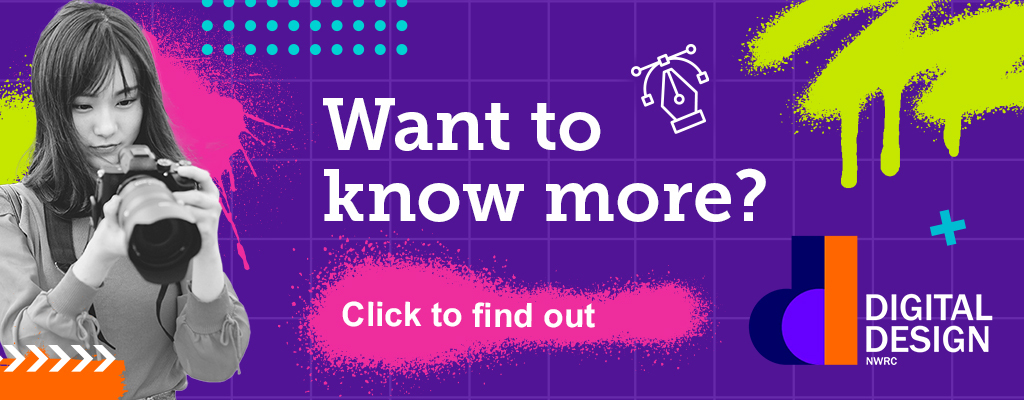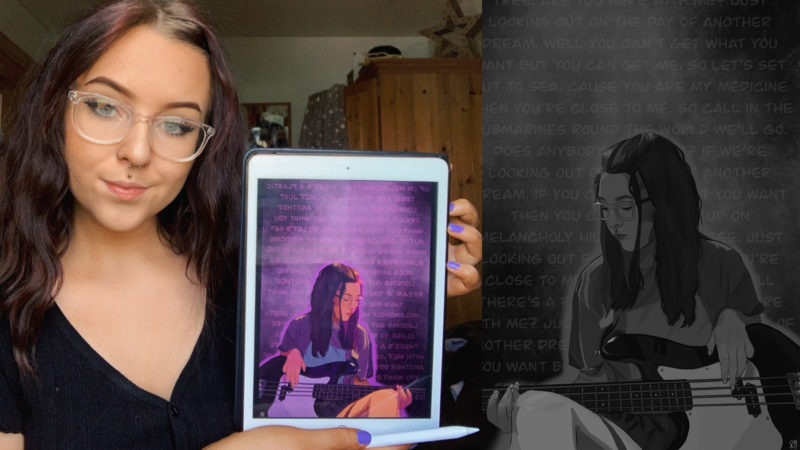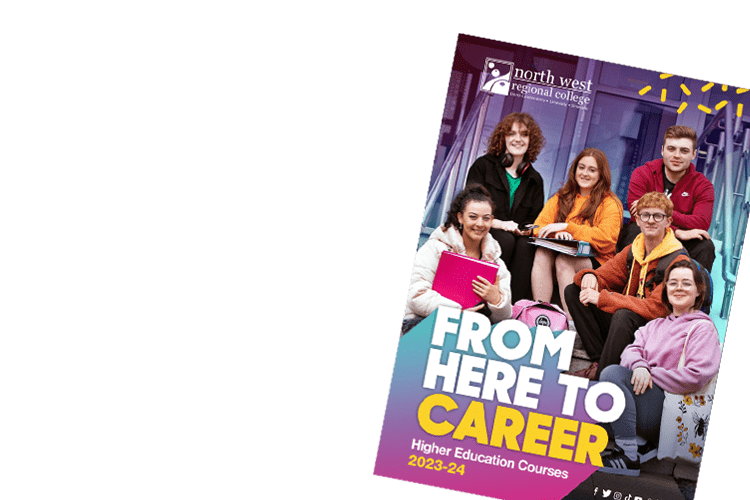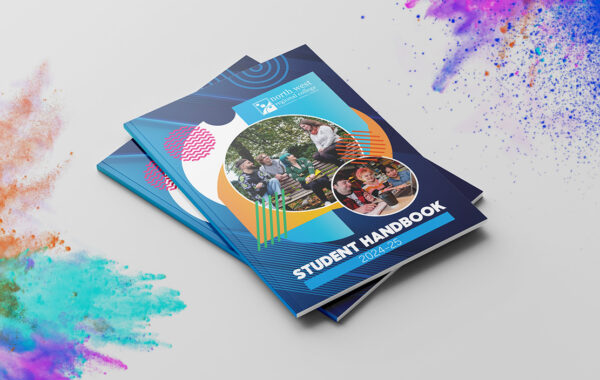Student Handbook 2024/25
Digital Design (Level 4 / 5 Higher National Certificate / Diploma)
Pearson BTEC
Media, Multimedia & Journalism
Available Sessions
Course Offering
- Site location Strand Road
Course Modules
- Professional Development
- Advanced Digital Design Studies
- Applied Collaborative Practice
- Contextual Stuides
- Creative Industries Placement
- Individual Project (Pearson Set)
- Brand Professional Development
- Techniques and Processes
- Screen-based Practices
- Digital Design Practices
- Professional Practice
- Applied Practice Collaborative Project (Pearson Set)
- (Optional) : Communication in Art and Design
- (Optional) : Visual Narratives
- (Optional) : Techniques and Processes
- (Optional) : Screen Based Practice
- (Optional) : Moving Image
- (Optional) : Conceptual Practice
- (Optional) : Professional Practice
- (Optional) : Creative Industries Placement
Entry Requirements
UK Requirements
32 UCAS Points plus GCSE (Grade C or above) in English; Interview also requiredROI Requirements
32 UCAS Points plus OLC (Grade O5 or above) in English. Interview also requiredAdditional Requirements Prior to Entry
Interview Required
Work Placement
Work Placement is part of the wider programme of learning and aims to bridge the transition from college to employment. Work experience, as described in this brief, can take a variety of forms: shadowing professionals freelance operation (freelance job sourced individually or provided by the college) traditional placement (within a college company model or external company/business). The Work Placement portfolio may comprise one or more of the above types. This brief does not prescribe any one form of work experience and can combine the above categories; negotiation with unit staff is essential to help you decide on the best form of work experience related to your intended career pathway. As a professional, learning is a continuous and life-long process. Within the creative industries there is constant change in technology, materials, processes, legislation and practice. In order to remain up-to-date, it is necessary to recognise the potential of both structured, classroom-based learning and the learning that is gained through professional activities in the studio, office, workshop or on-site. Whether through a traditional industry placement, a freelance opportunity or a simulated industry situation, it is important for students to recognise key industry structures and their related employment patterns and characteristics. Effective workplace learning requires both the application of a skillset and the implementation of appropriate attitudes and behaviours. The development of broader employability attributes and the recognition that transferrable skills are likely to generate and enhance employment opportunities within the creative industries. Work Placement provides a framework in which students have the opportunity to reflect upon and contextualise the learning that they gain from working within the industry. In coordination with tutors and an employer, students will define the scope, duration and content of their expected work-based learning experience. Throughout the period of their work-based learning experience, students will be expected to record their experience and reflect upon their own learning.








